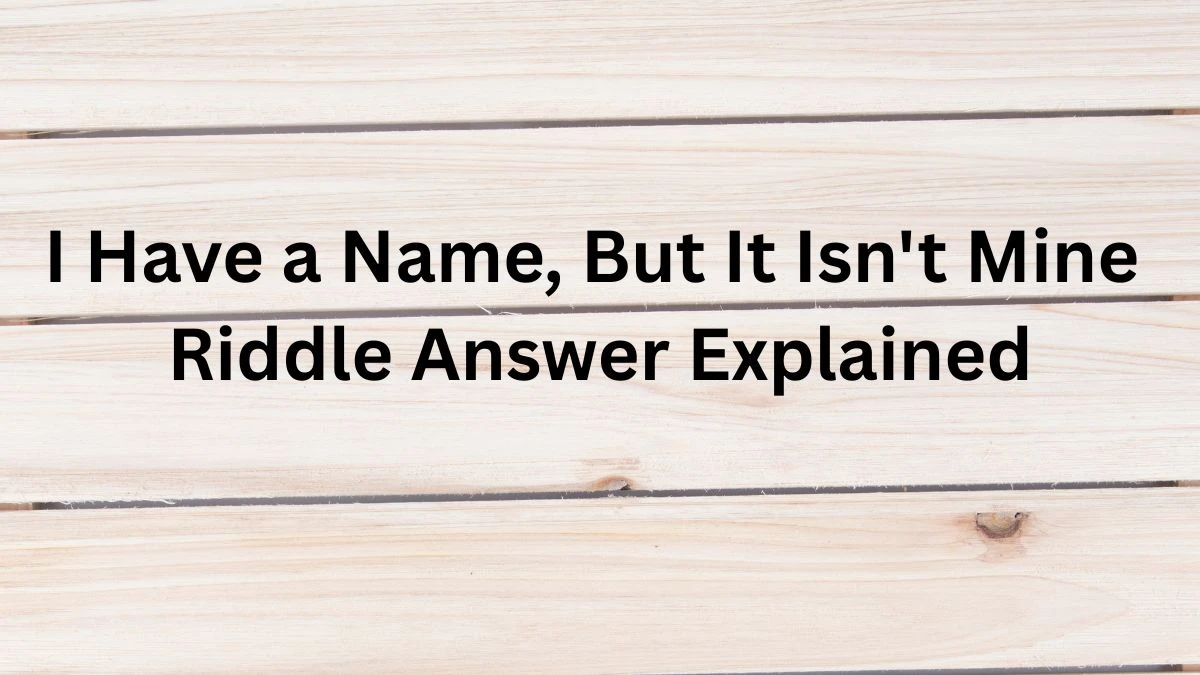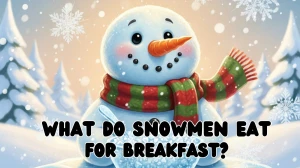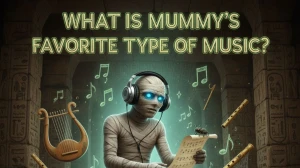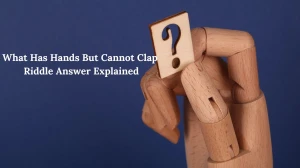I Have a Name, But It Isn't Mine Riddle Answer Explained
Riddles often pose intriguing puzzles that require thinking beyond literal meanings. One classic riddle that captivates many is:
"I have a name, but it isn't mine.
You don't think about me while in your prime.
People cry when I'm in their sight.
Others lie with me all day and night.
What am I?"
Answer: A Tombstone
The answer to this riddle is a tombstone, a grave marker that bears the name of someone who has passed away. Yet, the tombstone itself does not own or carry that name in a living sense it simply displays it.
Breaking Down the Clues
-
"I have a name, but it isn't mine": A tombstone is engraved with a deceased person's name. The tombstone itself is an object that does not have identity or life, only bearing someone else's name.
-
"You don't think about me while in your prime": While healthy and alive, people generally avoid thoughts about death or tombstones. It is only when confronting loss or mortality that tombstones come to mind.
-
"People cry when I'm in their sight": Seeing a tombstone often brings sorrow and grief as it reminds people of the departed.
-
"Others lie with me all day and night": Refers literally to those buried beneath the tombstone who rest in the grave indefinitely.
Significance of Tombstones
Tombstones serve as lasting memorials, marking final resting places and offering a tangible point of remembrance. They symbolize not only death but also the memory and legacy of the individual whose name they bear.
Why This Riddle Resonates
This riddle masterfully uses metaphor and perspective to evoke reflection on mortality and legacy. It plays on the dual meaning of "having a name," identity belonging to a person versus an inanimate object displaying that identity. This invites the solver to think beyond the literal and engage in abstract reasoning.
In summary, "I have a name, but it isn’t mine" is a poetic riddle whose answer is a tombstone, a silent witness to lives once lived, carrying names but not life itself.
Disclaimer: This interpretation is for educational and literary analysis purposes only. Riddles may carry multiple meanings based on perspective and context.






